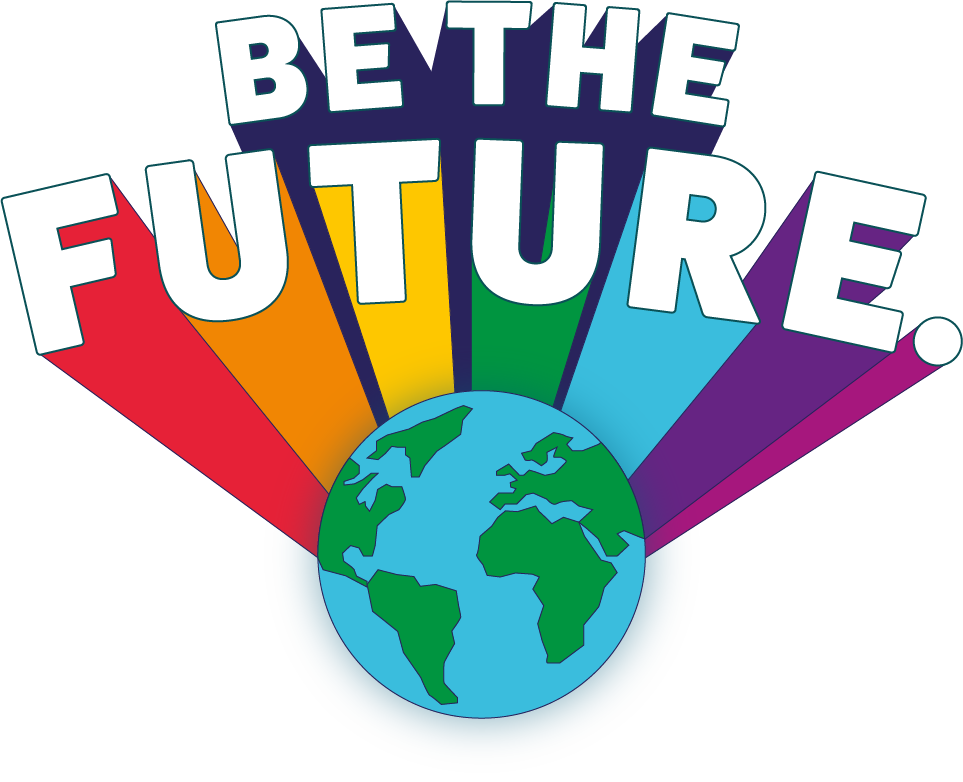How To Navigate Eco Anxiety With Your Child
How To Navigate Eco Anxiety With Your Child is now live on the Hope. Act. Thrive podcast with our special guest, Dr Joanne Crossley.
Why you’ll want to listen to this episode.
“Hope is so important - there’s research that shows that those who are more hopeful are more likely to want to act,” says Dr. Joanne Crossley, an HCPC registered Clinical Psychologist and our team Clinical Psychologist here at Be The Future.
Until recently, she worked in the NHS as a Clinical Psychologist specializing in working with children and young people with physical health conditions. She’s currently setting up her own private practice - Tarka Psychology - where she’s passionate about improving the psychological well-being of children and families.
Over the last year, as Joanne has become more aware of the scale of the climate emergency, she’s become interested in how she can use her clinical psychology skills to contribute to positive action.
In this conversation we’ll talk about navigating eco-anxiety with our kids, framing climate conversations with our kids, and cultivating hope.
Why we were thrilled to chat with Joanne.
Dr. Joanne Crossley is an HCPC registered Clinical Psychologist and our team Clinical Psychologist here at Be The Future. Until recently, she worked in the NHS as a Clinical Psychologist specializing in working with children and young people with physical health conditions. She’s currently setting up her own private practice - Tarka Psychology - where she’s passionate about improving the psychological well-being of children and families. Over the last year, as Joanne has become more aware of the scale of the climate emergency, she’s become interested in how she can use her clinical psychology skills to contribute to positive action.
Words from Joanne you won’t want to miss.
“We have to become aware of our biases. One of them is this idea of psychic numbing. We become immune to large numbers of victims. … We need to harness the power of stories. That’s the kind of understanding we can use to help make an impact.”
“Psychology can contribute to behaviour change at different levels - not just the individual level, but organizational and societal level.”
“It’s really normal to feel distressed at the climate emergency. It’s totally natural to feel all these types of emotions. Not just anxiety but sadness, anger, guilt, shame, powerlessness - in response to what is a real and serious threat.”
“As parents, we want to protect our kids, We want to fix their feelings. We want to make them feel better. But actually, our role isn’t to fix things. It’s to accept their feelings and sit with them. And by helping them manage these uncomfortable feelings, it helps them learn that they can tolerate big feelings too.”
“Coping strategies or emotional regulation strategies are how we manage our emotions. The goal of this isn’t to get rid of the feeling, but to help children soothe and feel calm.”
“Thinking together about what actions you can take as a family - and that might be guided by the values you have as a family. And that’s really important to give kids a sense of self-efficacy and agency…There’s something about being able to focus on what you can control. It’s really important to help manage some of these really difficult feelings.”
“Hope is so important. There’s research that shows that those who are more hopeful are more likely to want to act.”
How can you listen?
Listen to this conversation on Apple, Google, or Spotify.
Find out more about Be the Future on Instagram and your Hope. Act. Thrive. hosts Sally Giblin and Helen Hill.

